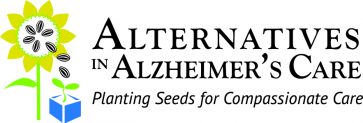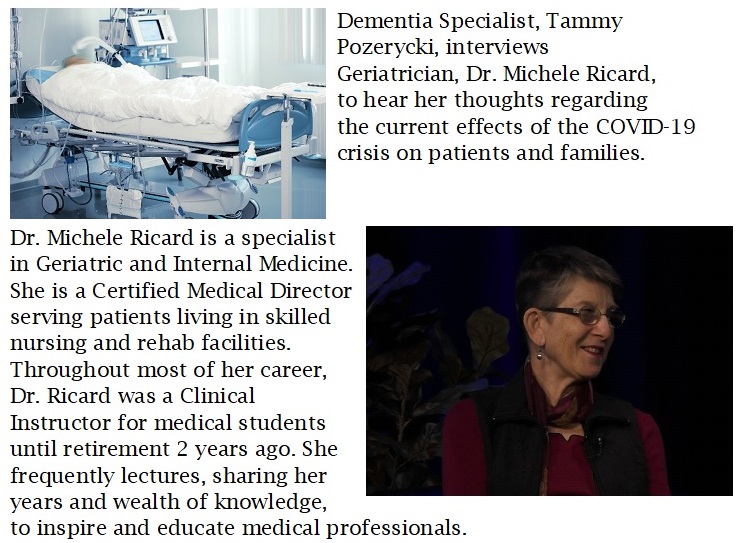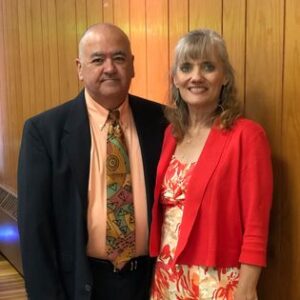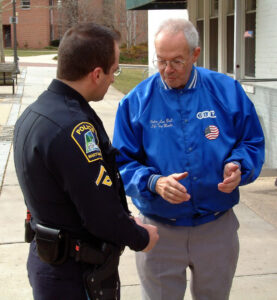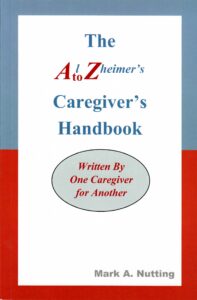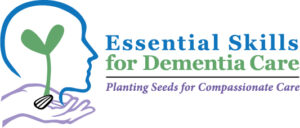I recently interviewed Dr. Michele Ricard, Gerontologist. Dr. Ricard is a specialist in Geriatric and Internal Medicine. She is a Certified Medical Director serving patients living in skilled nursing and rehab facilities. Throughout most of her career, Dr. Ricard was a Clinical Instructor for medical students until retirement 2 years ago. She frequently lectures, sharing her years and wealth of knowledge, to inspire and educate medical professionals. I have had the pleasure of knowing and collaborating with Dr. Ricard for many years. She was the founder of the Elder Community Collaborative, originally started to improve communication and outcomes for patients moving between hospitals and nursing homes throughout the Marlborough and Hudson, Massachusetts communities.
Dr. Ricard brings to light the disregard for the value of the individual human being as a result of social distancing. This crisis caused her to reflect on her many years as a physician treating patients in hospitals, nursing homes, medical office, and in homes in the community. Dr. Ricard’s passion and commitment lead her to see each person as an individual who was part of something much larger… the family. In her efforts to diagnose, treat, and provide compassionate and empathetic care, she recognized the importance of knowing her patient’s history. Dr. Ricard states “the person’s story is what made them who they are today.”
In the nursing home setting, which is where they are in the last years of their lives, family becomes an essential part of the person’s well-being. Dr. Ricard points out, “more importantly, if the person is living with dementia, the familiarity of the family, the human connection, touch, and intimacy become the threads that connect the person to this world.” On a personal note, Dr. Ricard has the experience of living the caregiving journey with her mother who lived with dementia. Any medical professional who has personally experienced the journey through dementia, understands the importance of the human element.
Medical technology is at the forefront of treatment; however, some argue that it is the human element which pulls one through an illness. Dr. Ricard was inspired to think of the restrictions put in place regarding visitation. Although nursing homes may utilize their own discretion in allowing close family to visit who are dying or on hospice. Unfortunately, this is either not happening at all or allowed too close to the end of life. One local hospital is not allowing family visits at all; however, the team will review on a case by case situation. Dr. Ricard was told 2 people recently passed in the hospital with no family present.
This reality is worth discussing to bring it to the attention of the administration of hospitals and nursing homes. In order to recognize our basic human needs and make a positive impact on a person’s quality of life, we must look at what restrictions are being placed on our loved ones in isolation.
